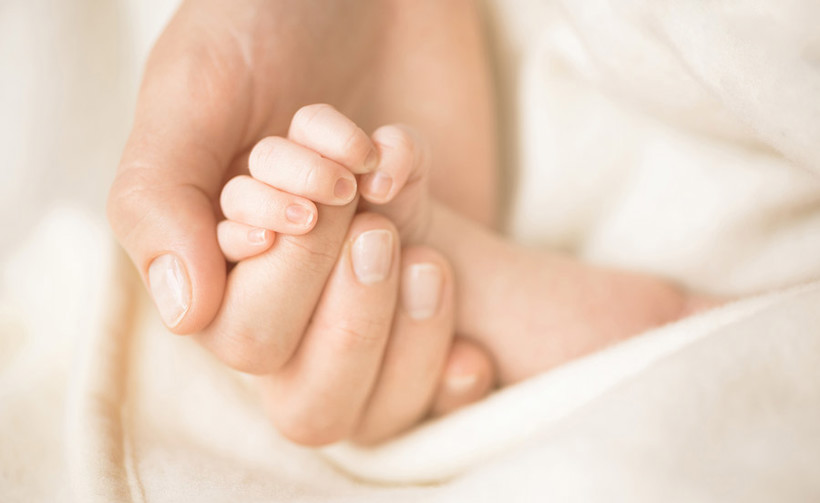
Last year, I wrote about the case of Meadows v Khan, where Ms Meadows brought a wrongful birth claim relating to her son, Adejuwon. The case has been (successfully) appealed and so it is worth taking another look at the decision and what this means for wrongful birth cases more generally.
As a reminder, Ms Meadows had sought advice from her GP about whether she was a carrier of the haemophilia gene. She had been incorrectly led to believe that any child she had would not have haemophilia but her son, Adejuwon, was diagnosed with haemophilia shortly after birth. It was accepted that “but for” the negligent advice, Ms Meadows would have undergone testing during her pregnancy which would have revealed the foetus was affected and she would have terminated the pregnancy.
There are a number of reasons why parents may wish to test for significant disabilities or birth defects – family medical history, for example. If the doctors negligently fail to carry out the correct tests (or fail to diagnose a birth defect which should have been detected) and this has denied parents the opportunity to terminate the pregnancy, then parents may have a “wrongful birth” claim.
It is important to remember that compensation can only be recovered for the additional costs associated with raising a child with a disability. The costs associated with raising a healthy child are not recoverable (on public policy grounds).
This means that if a healthy child is born as a result of a doctors’ negligence (due to a failed sterilisation, for example) then the “ordinary costs” associated with raising a child cannot be claimed for. The additional costs associated with raising a child with a disability, on the other hand, may be recoverable.
The complicating factor (and therefore the focus of the case) in Meadows v Khan was that Adejuwon was later diagnosed with (unrelated) autism. The GP’s lawyers had admitted negligence and that compensation should be paid for the costs associated with Adejuwon’s haemophilia, but argued that the costs associated with his autism were not payable.
This made a significant difference to the amount of compensation to be paid. Damages in respect of both conditions were agreed at £9,000,000, while damages in respect of the haemophilia alone were agreed at £1,400,000.
The High Court had initially ruled that the costs associated with both conditions were recoverable, but the doctor successfully appealed this decision. The Court of Appeal has now ruled that Ms Meadows is only entitled to the costs associated with the haemophilia (and not the autism).
The court explained that the purpose of the GP’s consultation was to establish whether Ms Meadows was a carrier of the haemophilia gene, and to allow her to make an informed decision in respect of any foetus discovered to be carrying the haemophilia gene. The purpose of the consultation was not to discuss whether Ms Meadows should become pregnant more generally. The GP’s duty was not to protect Ms Meadows from all risks associated with becoming pregnant or continuing with the pregnancy. Autism was not a risk or loss that the GP had a duty to warn against.
The court explained that in order to claim for a particular loss, there needs to be an adequate link between the negligence and the particular type of loss claimed. The autism was a “coincidental injury”, and did not fall within the scope of the GP’s duty. The costs associated with Adejuwon’s autism were therefore not recoverable.
The decision in Meadows v Khan is disappointing for pursuers, but does provide some clarity on what can and cannot be claimed for. If you think you may have a claim then we would strongly recommend that you seek advice from solicitors with the necessary expertise and experience in this area. Wrongful birth claims are exceedingly complex – not just because of the complexities of the law but also because they involve highly emotive matters. Many parents may feel uncomfortable talking about the financial loss associated with a child they love, but it is important to remember that the law provides remedies for a reason. Compensation can help provide financial security and give the child the best possible chance in life.
If you think you may have a wrongful birth claim, then please do not hesitate to get in touch with a member of our specialist clinical negligence team. We have plenty of experience in dealing with these claims and we would be happy to discuss matters with you.
Take the next step
- Call us on 0131 226 5151
